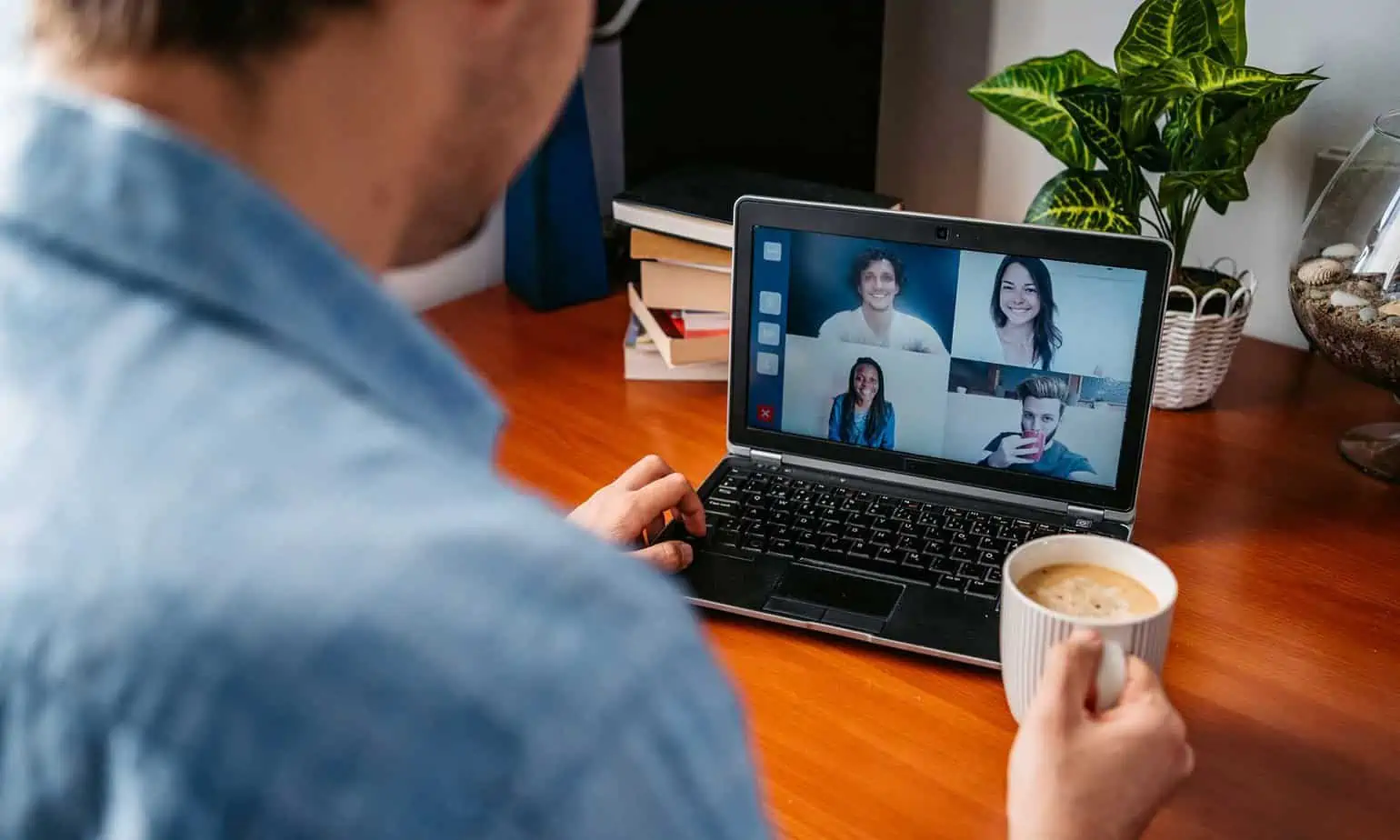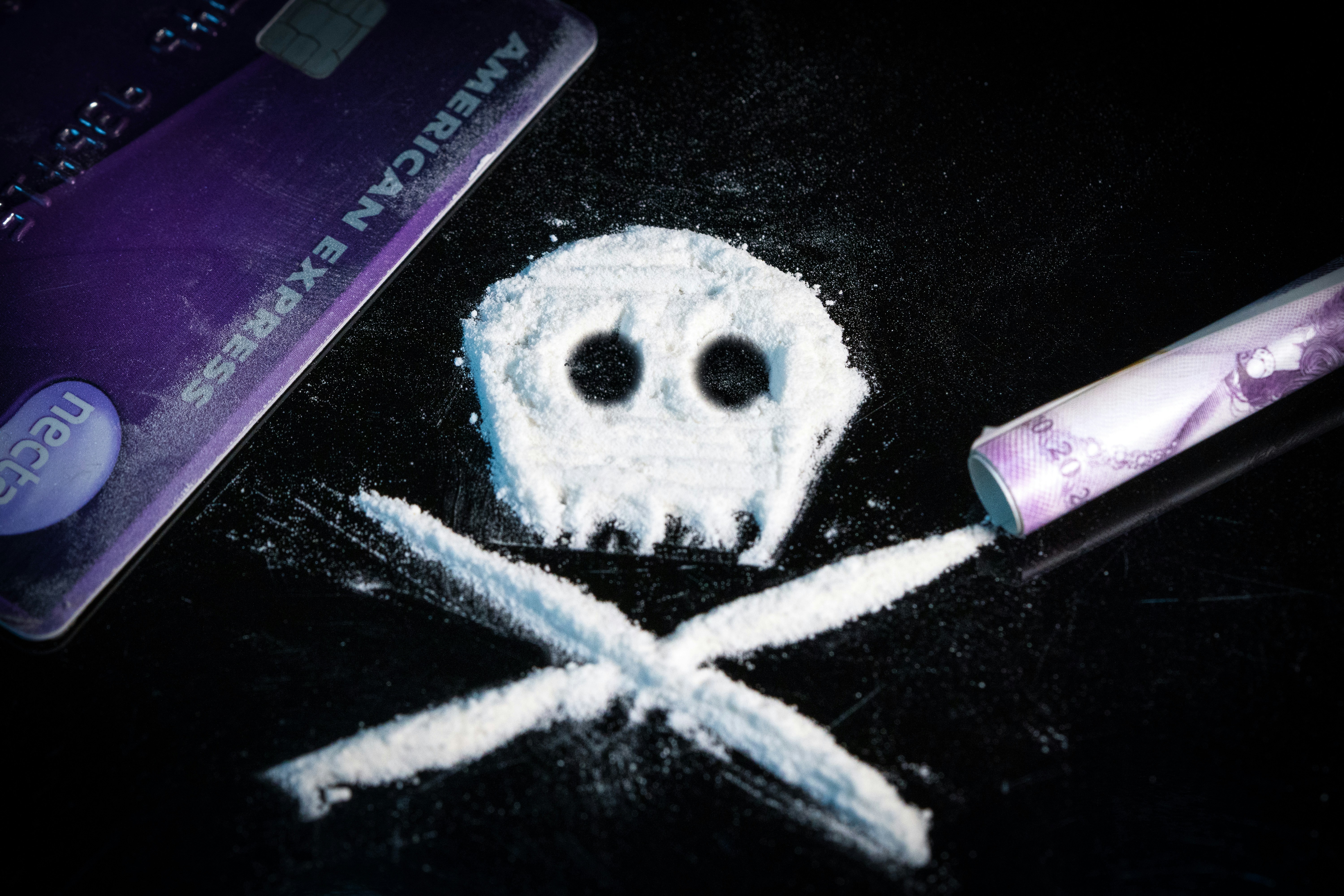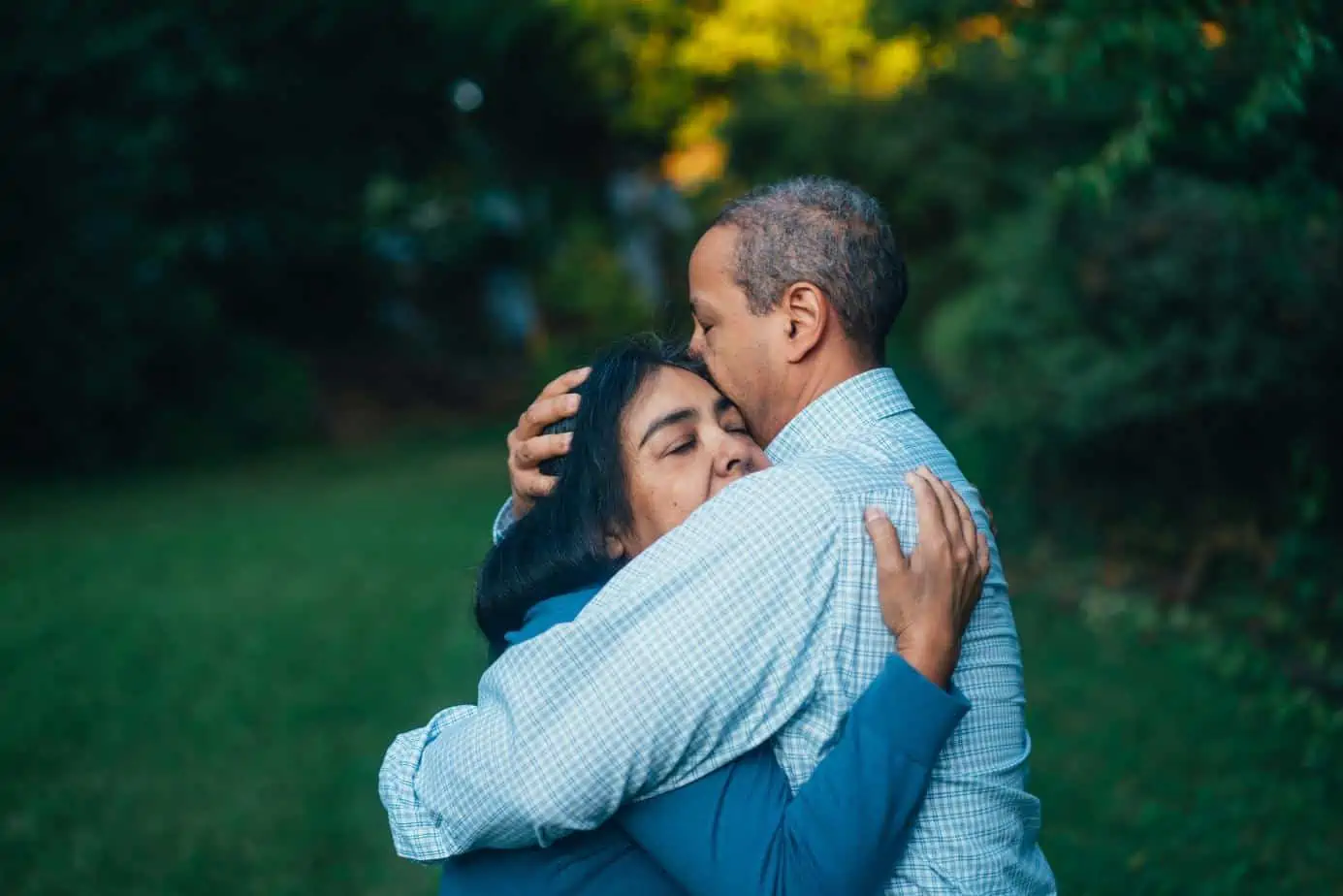Key Takeaways: Recovering from addiction is significantly aided by building a strong support network that provides emotional, practical, and accountability assistance. This network can be developed by identifying personal needs, reaching out to existing contacts, joining support groups, and seeking professional help. Maintaining these supportive relationships requires regular communication, mutual support, and setting boundaries to ensure a successful recovery journey.
Recovering from drug and alcohol addiction is a profound journey that requires strength, resilience, and the right support. One of the most crucial aspects of this journey is finding support groups and building a robust support network. Your recovery support groups help you stay accountable and provide emotional and practical assistance during tough times. Read on to learn more about the importance of getting sober with a support network, how to cultivate meaningful relationships, and tips for maintaining those connections as you navigate your recovery journey through Alcoholics Anonymous (AA), Narcotics Anonymous (NA), or a different addiction recovery support network.
Understanding the Importance of a Support Network
Sobriety, if you can get past the first few days, weeks, and months, is a beautiful journey—but it’s a tough one to go alone. When you embark on the path of recovery, the need for a solid support system becomes evident. Below are several reasons why a support network is vital. Keep in mind that support for families is often vital as well, and this pertains to you, too. For families, there are groups such as Al-Anon that help process the challenges of supporting an addict in recovery.
Emotional Support
Whether you are on day one of sobriety or one year sober, recovery can be an emotional rollercoaster. You will experience highs and lows, and having people to share those feelings with can make all the difference. Friends, family, or peers who understand your struggles can provide the empathy and encouragement you need to keep moving forward.
Accountability
It’s easy to slip back into old habits without accountability and different types of addiction recovery support. A recovery support group can help you stay on track by checking in on your progress and encouraging you to stick to your recovery goals. This accountability can come from various local addiction resources, including sponsors, support groups, or close friends who understand your commitment to sobriety. If you’re unsure of how to reach out for help, an internet search of “AA meetings near me” is a good start.
Practical Assistance
Sometimes, recovery requires practical help. This could mean finding resources for therapy, attending meetings together, or even helping you navigate daily challenges like job hunting or family dynamics. A support network can provide the tangible assistance you need to make your recovery journey smoother. If you’re isolated or in a rural area, you can also choose to talk to someone online, as there are both virtual substance abuse treatment and online AA meetings 24/7 that you can join anytime you feel you need to. Virtual therapy or meetings can certainly be a cornerstone of a recovery support group.
Shared Experiences
Connecting with others who have faced similar challenges can be incredibly validating and is one of the major benefits of support groups. Sharing experiences, coping strategies, and success stories can foster a sense of belonging and hope. This shared understanding can be a powerful motivator as you work toward your recovery goals.
Building Your Recovery Support Group & Network
Now that we understand the importance of a support network and support groups for family members of drug addicts, let’s discuss how to build one effectively. Here are some steps to guide you in creating a solid foundation for your recovery journey.
Identify Your Needs
Before you start reaching out, take some time to reflect on what you need from your support network. Consider the following questions:
- What type of emotional support do I need?
- Do I want to connect with others who are in recovery, or do I prefer support from friends and family?
- Am I looking for accountability partners or mentors?
Understanding your needs will help you identify the right people to include in your support network.
Reach Out to Friends and Family
Your immediate circle can be a great starting point for building your support network. Reach out to friends and family members who you trust and feel comfortable with. Be open about your recovery journey and express what kind of support you are looking for. You might be surprised by their willingness to help.
Join Support Groups
Solid relapse prevention strategies include joining support groups, such as Alcoholics Anonymous (AA) or Narcotics Anonymous (NA), to provide a structured environment for those in recovery to connect. These groups offer a safe space to share experiences, gain insights, and build relationships with others who understand your struggles. Attend meetings regularly to foster connections and build trust within the group. Online addiction support groups exist as well to teach new members about AA and living sober.
Maintaining Your Support Network
Once you’ve established your recovery support group, it’s important to nurture and maintain those relationships. Here are some tips to keep your connections strong:
- Communicate regularly
- Attend meetings and events
- Be supportive in return
- Set boundaries
- Seek new connections
Building a recovery support group and support network is a vital component of recovery from drug and alcohol addiction. By surrounding yourself with individuals who understand your journey, you can find the emotional, practical, and accountability support you need to thrive. Remember to be intentional in your efforts to connect, communicate openly, and nurture those relationships.
If you or someone you know is struggling with drug and alcohol addiction, Mountainside can help. We offer comprehensive and individualized treatment for all stages of recovery, from detox to long-term care. Contact an admissions specialist today.
If you or a loved one is struggling with addiction, Mountainside can help.
Click here or call (888) 833-4676 to speak with one of our addiction treatment experts.

 By
By 







